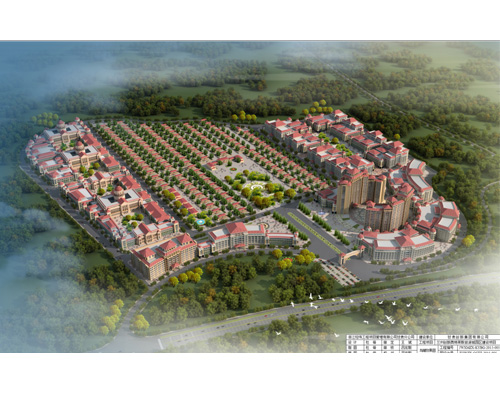The contents of the post evaluation of the project include the review and evaluation of the project construction process, the evaluation of effects, benefits and impacts, the evaluation of project objectives and sustainability.
1、 Review and evaluation of the whole process of project construction
The review and summary of the whole process of project construction is generally divided into four stages: early decision-making, project construction preparation, project construction implementation, project operation, etc.
(1) Preliminary planning and decision-making stage of the project: project establishment, feasibility study, evaluation and decision-making.
The focus of co consideration and evaluation is the correctness of project planning, project establishment and decision-making; Evaluate the necessity, feasibility and rationality of project construction; Analyze the degree of realization of project objectives and the reasons for differences or failures. Rationality and efficiency are important yardsticks for evaluation and measurement at this stage.
(2) Project construction preparation stage: survey and design, financing scheme, procurement bidding, contract signing, and commencement preparation.
The focus of review and evaluation is whether the preparations are sufficient and whether the approval procedures are complete before commencement. Efficiency is an important yardstick for evaluation and measurement at this stage.
(3) Project construction implementation stage: contract execution and management, major design changes, four major management (quality, progress, investment and safety), fund use and management, supervision and management of the implementation process, organization and management of the construction period. Lanzhou Fund Application Report compose
The focus of review and evaluation is the rationality and success of project construction implementation activities, and the organization ability and management level of the project owner. The efficiency and benefit of project implementation at this stage is an important benchmark for evaluation and measurement.
(4) Project operation stage: production preparation, project completion acceptance, data and file management, production and operation, product marketing and development, organization and management of production and operation, and subsequent prediction.
The focus of review and evaluation is the stability and smoothness of the project transformation from construction and implementation to delivery, production and operation. The project benefit and sustainability at this stage are important benchmarks for evaluation and measurement.

2、 Project effect and benefit evaluation
(1) Technical effect evaluation
(1) Process flow evaluation. (2) Equipment level evaluation. (3) Technical level evaluation (rationality, reliability, advancement, applicability, etc. of technology); (4) Localization level.
(2) Financial and economic benefit evaluation
(3) Management effect evaluation: evaluation of management system and supervision mechanism, organizational structure and coordination ability, incentive mechanism and work efficiency, rules and regulations and work procedures, personnel structure and work ability, management level and innovation awareness, etc.
3、 Project impact assessment (indirect benefits such as environmental benefits and social benefits)
4、 Evaluation of project objectives and sustainability capability
(1) Evaluation of target realization degree
It is generally summarized as "four completed projects": (1) completed projects (in kind); (2) Completion of project technology (capability); (3) Economic (benefit) completion of the project; (4) The impact of the project on the completion of the project means that the project will have a predetermined impact on the national economy, social development and ecological environment.
(2) Target rationality evaluation
The common analysis methods of target evaluation include target tree method, analytic hierarchy process, etc. The logical framework approach is generally adopted internationally.
(3) Evaluation of project sustainability
The elements of project sustainability are affected by market, resources, finance, technology, environmental protection, management, policies and other aspects, and can generally be divided into internal elements and external elements.
(1) Internal factors affecting the sustainability of the project, including the economy of the project scale, the maturity and competitiveness of technology, the financial situation of the enterprise, the extent to which pollution prevention measures meet environmental requirements, the enterprise management system and incentive mechanism, etc. The core is product competitiveness and the ability to adapt to the market;
(2) The external conditions support the project, including resource supply, logistics conditions, natural environment and ecological requirements, social environment, policy environment, market changes and trends. look for Lanzhou Project Fund Application Report Find Lanzhou Zhiyuan to write the company
(4) Evaluation of project success
The project success evaluation is generally divided into five levels:
(1) Completely successful (A): the original goal has been fully achieved or exceeded expectations, and the project functions, benefits and impacts have been fully exerted.
(2) Basic success (B): Most of the original goals have been achieved, and the project functions, benefits and impacts have basically met the expected requirements.
(3) Partial success (C): the original goal was partially achieved, the project function was defective, and the benefits and impacts were only partially achieved.
(4) Unsuccessful (D): the original goal is rarely achieved, the project function is problematic, and the benefit and impact are poor.
(5) Failure (E): The original goal cannot be achieved and the project has to be terminated.









